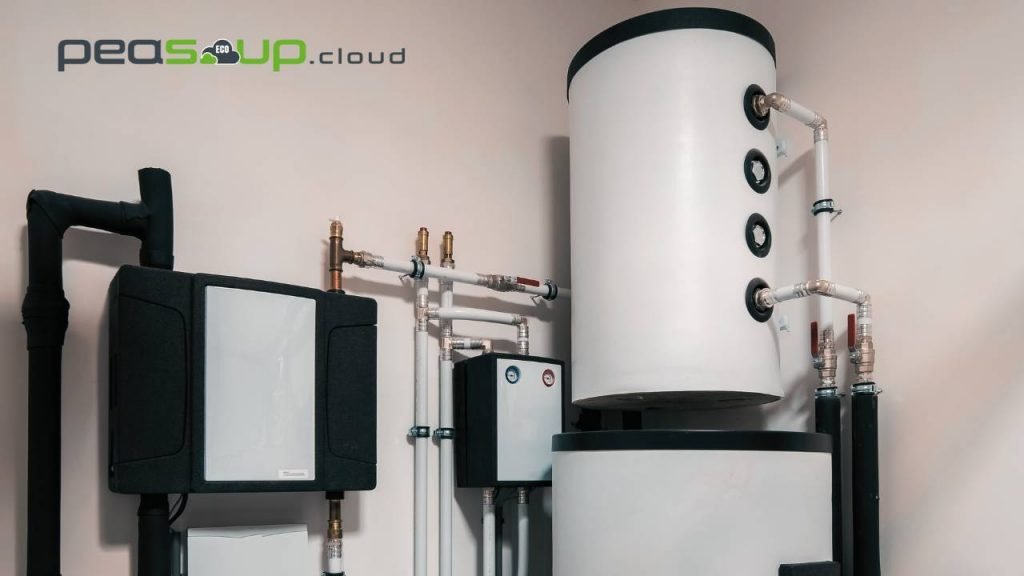Maximising Energy Efficiency in Data Centres with Immersion Cooling and Heat Reuse
In the fast-paced digital age, data centres play a pivotal role in supporting our increasingly connected world. However, with this surge in data processing comes the challenge of managing immense heat generated by densely packed server infrastructure.
To address this challenge, data centre operators are turning to immersion cooling technology, which offers a multitude of benefits including enhanced heat dissipation and energy efficiency.
Heat Dissipation
Traditional air cooling methods struggle to keep up with the heat output of data centres. Immersion cooling solves this problem by directly submerging servers in a dielectric fluid with superior heat-absorbing properties. This facilitates rapid and efficient transfer of heat away from server components, mitigating the risk of overheating and ensuring consistent performance.
Energy Efficiency
Immersion cooling not only optimises heat dissipation but also significantly reduces energy consumption compared to traditional air cooling methods. By eliminating the need for energy-intensive fans and air conditioning units, immersion cooling systems operate more efficiently, resulting in substantial cost savings for data centre operators.
Heat Reuse
One of the most compelling aspects of liquid immersion cooling is its compatibility with waste heat recovery, also known as heat reuse. Instead of expelling heat into the environment, immersion cooling systems capture the waste heat generated during the cooling process. This reclaimed heat can then be repurposed for district heating, greenhouse farming, industrial processes, and other applications, contributing to overall energy efficiency and sustainability.
District Heating and Building Integration
Integrating waste heat from data centres into district heating systems provides a renewable and eco-friendly energy source for heating homes and businesses. By leveraging data centre waste heat, communities can reduce their reliance on fossil fuels and lower carbon emissions.
Greenhouse and Agricultural Applications
Data centre waste heat can also be utilised in greenhouse farming and agricultural operations to maintain optimal growing conditions. By supplementing traditional heating systems with waste heat, data centres support sustainable food production while reducing environmental impact.
Industrial Processes
Waste heat from data centres can be harnessed for various industrial processes, such as drying, sterilisation, and chemical reactions. This not only enhances energy efficiency in industrial settings but also contributes to the overall sustainability of data centre operations.
In conclusion, liquid immersion cooling coupled with heat reuse technology represents a cutting-edge solution for maximising energy efficiency in data centres. By efficiently managing heat dissipation and repurposing waste heat, immersion cooling systems not only optimise performance but also contribute to a more sustainable and eco-friendly digital infrastructure. Embracing these innovative technologies is crucial for meeting the growing demand for data processing while minimising environmental impact.

